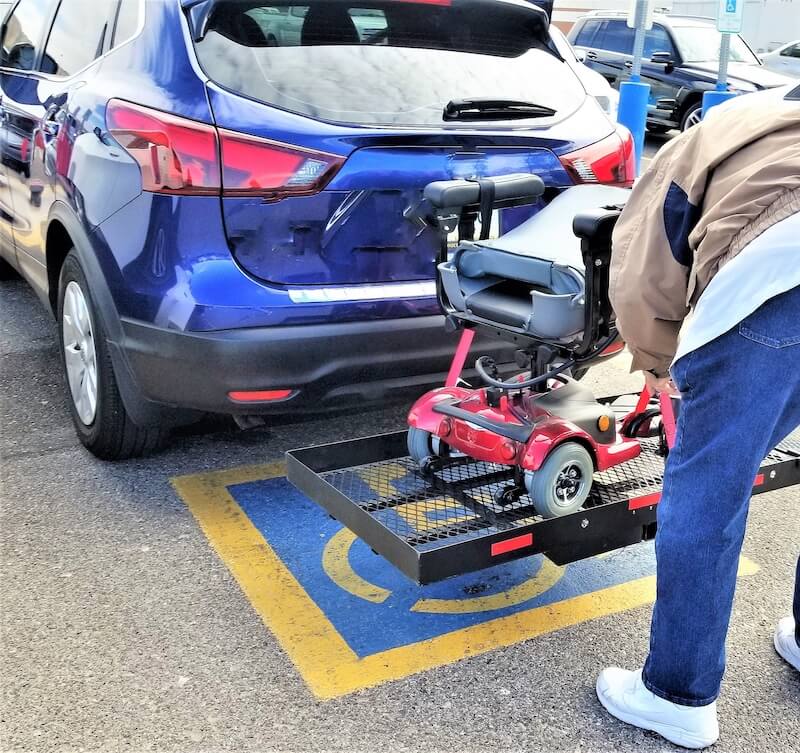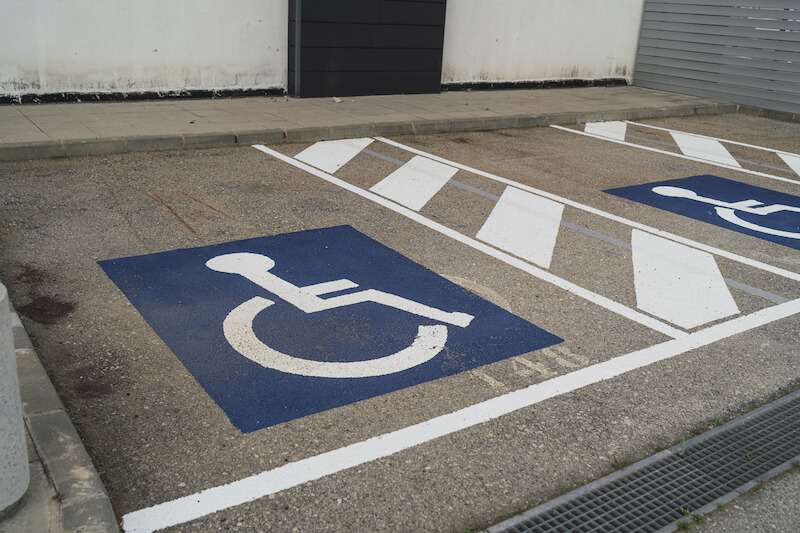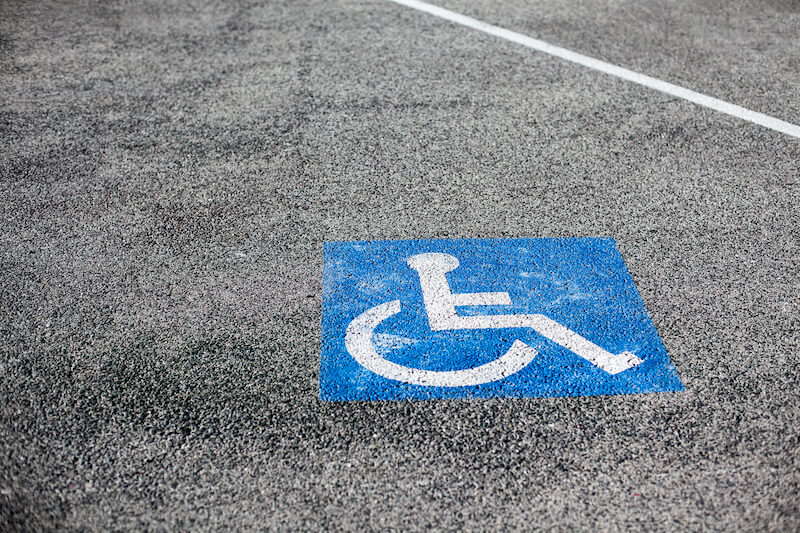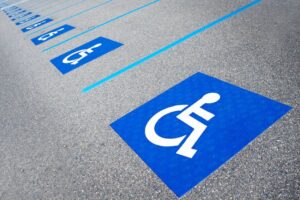Accessibility is a fundamental right that every individual, regardless of their physical abilities, should enjoy. One crucial aspect of ensuring accessibility is the provision of handicapped parking spaces. These designated spots are not just painted lines on asphalt; they represent a commitment to inclusivity, independence, and equal opportunities for everyone.
Section 1: Understanding the Need
To comprehend the importance of handicapped parking, it’s essential to understand the daily challenges faced by individuals with disabilities. Limited mobility can make routine activities, such as shopping or attending appointments, daunting. Handicapped parking spaces provide a lifeline, offering convenience and reducing the physical strain on those with mobility impairments.

Section 2: Legal Framework
Handicapped parking is not just a courtesy; it’s a legal requirement. Legislation mandates the allocation of accessible parking spaces in public and private establishments. Compliance with these regulations is vital for ensuring that individuals with disabilities can exercise their rights without unnecessary obstacles.
Section 3: Independence and Dignity
Accessible parking spaces empower individuals with disabilities by fostering independence and preserving their dignity. The proximity of these spots to entrances ensures that people with mobility challenges can navigate public spaces with greater ease, reducing reliance on assistance from others.
Section 4: Health and Well-being
Access to handicapped parking directly influences the health and well-being of individuals with disabilities. The reduced physical exertion required to reach a destination can alleviate pain and fatigue, contributing to an overall improvement in their quality of life.

Section 5: Social Inclusion
Handicapped parking is a tangible symbol of social inclusion. By providing designated spaces, society signals its commitment to embracing diversity and creating environments where everyone, regardless of physical ability, can participate fully.
Section 6: Raising Awareness
Beyond legal requirements, handicapped parking spaces play a crucial role in raising awareness about the challenges faced by individuals with disabilities. The visibility of these spaces prompts a broader conversation about inclusivity and encourages empathy within the community.

Section 7: Family and Caregivers
Handicapped parking is not only for individuals with disabilities but also for their families and caregivers. Accessible parking spaces make it easier for loved ones to assist those with mobility challenges, fostering a supportive and inclusive community.
Section 8: Economic Impact
From a broader perspective, handicapped parking contributes to the economic well-being of society. When individuals with disabilities can easily access businesses and services, it opens up economic opportunities and ensures a more diverse and robust consumer base.
Section 9: Design Considerations
Effective handicapped parking goes beyond just allocating spaces. Consideration must be given to the design of parking lots, ensuring that ramps, curb cuts, and pathways are accessible to individuals with various mobility aids. Proper signage and well-maintained infrastructure are crucial components.
Section 10: Advocacy and Future Developments
As we strive for a more inclusive society, continued advocacy for accessible parking and infrastructure is essential. Communities must remain vigilant, advocating for improvements and addressing emerging challenges to ensure that accessibility standards keep pace with evolving needs.
Conclusion:
Handicapped parking spaces are not merely painted rectangles; they are pathways to inclusivity, independence, and equal opportunities. Recognizing the importance of these spaces goes beyond compliance with laws; it reflects a commitment to creating a society where everyone, regardless of physical ability, can thrive. By understanding the needs of individuals with disabilities, upholding legal standards, and fostering a culture of empathy, we contribute to building a more accessible and compassionate world for all.




